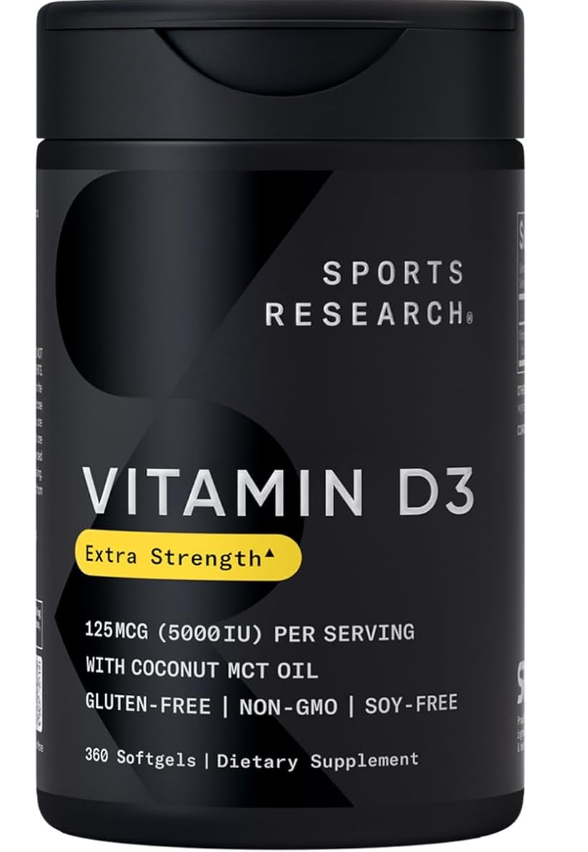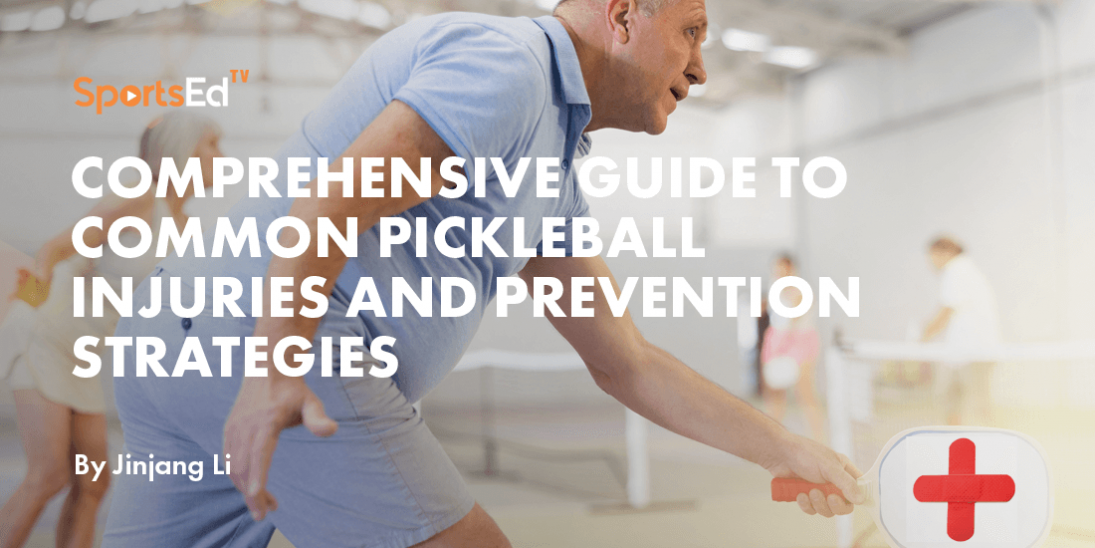Health, Nutrition
Welcome and thanks for visiting...

Vitamin D and Muscle Growth: How It Boosts Strength and Burns Fat

Vitamin D is often associated with bone health, but its role in muscle development, fat metabolism, and overall energy balance is becoming increasingly clear. Recent research has revealed that high-dose vitamin D supplementation can shift calorie allocation from fat storage to muscle growth, potentially helping individuals build lean muscle and burn fat more efficiently.
A study conducted by The Children's Hospital of Philadelphia and the University of Pennsylvania Perelman School of Medicine (Long et al., 2022) found that high doses of vitamin D suppress myostatin. This protein limits muscle growth while increasing leptin sensitivity, a key hormone in fat metabolism. Thus, optimizing vitamin D intake could enhance muscle-building efforts and support weight loss.
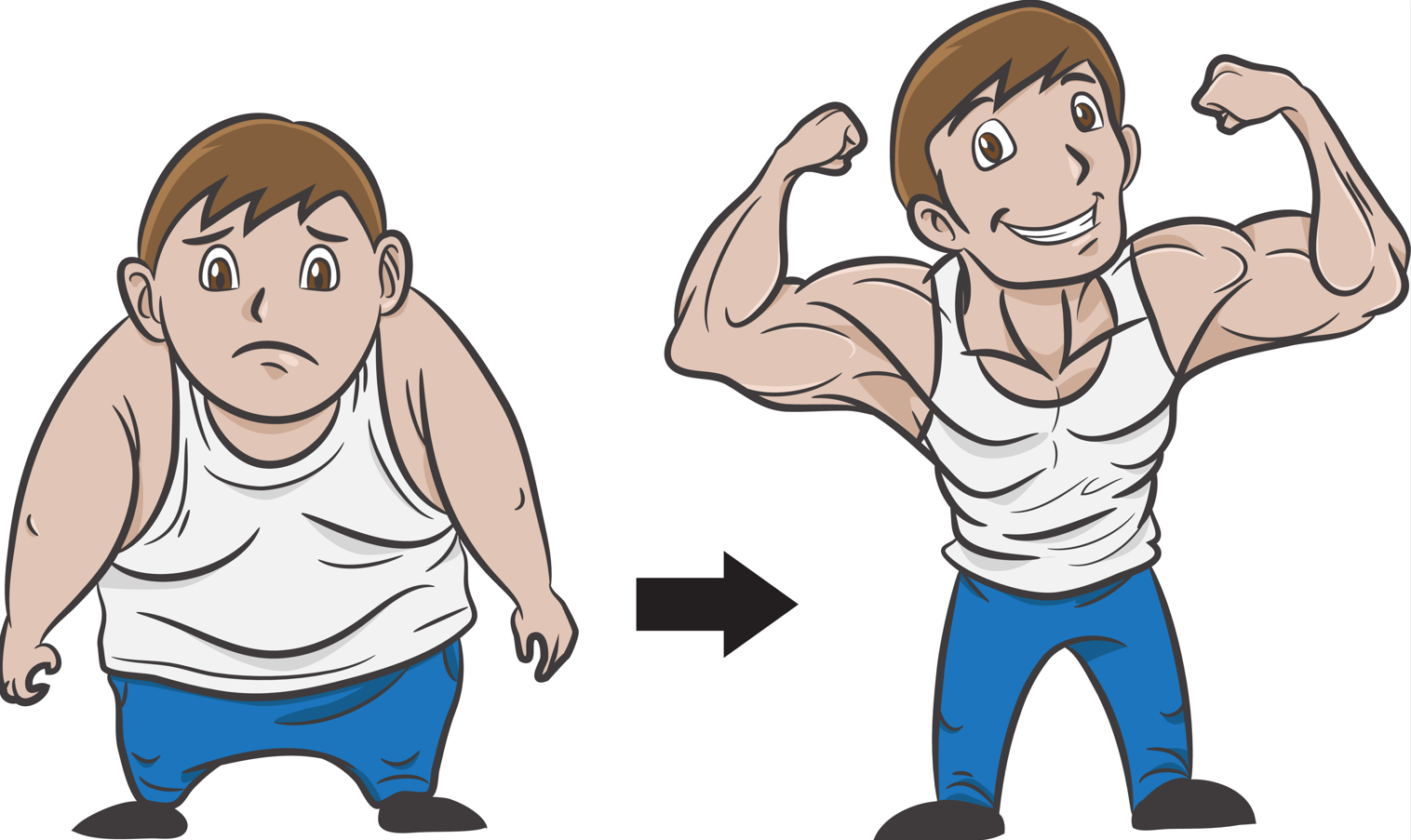
In this in-depth guide, we’ll explore:
- How vitamin D impacts muscle growth and strength
- The role of vitamin D in fat metabolism
- The link between vitamin D, myostatin, and leptin
- Practical ways to optimize your vitamin D levels for the best results
By the end of this article, you’ll understand why vitamin D is a crucial component of any muscle-building or fat-loss plan.
How Vitamin D Boosts Muscle Growth and Strength
1. Vitamin D Suppresses Myostatin to Promote Muscle Growth
Myostatin is a protein that inhibits muscle growth. It prevents muscles from growing beyond a certain point. Studies have shown that reducing myostatin levels leads to increased muscle size and strength (Girgis et al., 2019).
Long et al. (2022) discovered that high-dose vitamin D significantly decreases myostatin production, allowing for greater muscle hypertrophy (growth) and enhanced strength. Thus, getting enough vitamin D could be the key to unlocking one's muscle-building potential.
- Key takeaway: Vitamin D lowers myostatin levels, enabling muscle growth and increased strength.
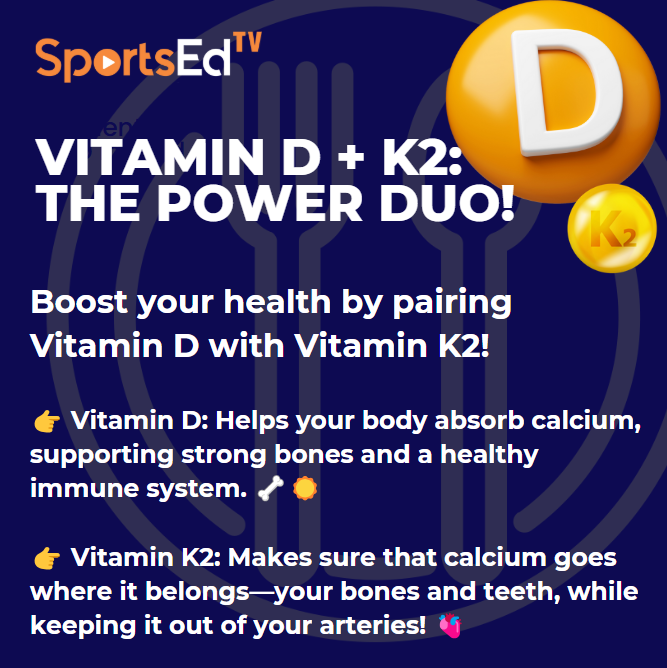
2. Improves Muscle Function and Recovery
Muscle function and recovery play a crucial role in athletic performance. Research has shown that vitamin D deficiency leads to muscle weakness, increased fatigue, and slower recovery times (Hassan-Smith et al., 2017).
In a study by Schall et al. (2016), athletes supplementing with high-dose vitamin D showed improved grip strength, endurance, and faster recovery after intense workouts.
- Key takeaway: Higher vitamin D levels enhance muscle function, reduce fatigue, and accelerate recovery.
3. Increases Energy Production in Muscles
Vitamin D interacts with the mitochondria—the powerhouse of the cell—to improve energy production within muscle fibers. A study by Christakos et al. (2016) found that vitamin D enhances ATP production, giving muscles more energy for performance and endurance.
- Key takeaway: Adequate vitamin D improves muscle endurance and power by enhancing cellular energy production.
How Vitamin D Enhances Fat Metabolism
1. Increases Leptin Sensitivity for Fat Burning
Leptin is a hormone secreted by fat cells that signals to the brain when the body has enough stored energy. In obesity, leptin sensitivity decreases, leading to increased fat storage and reduced fat burning.
Long et al. (2022) revealed that high-dose vitamin D supplementation improves leptin sensitivity, allowing the body to use stored fat more effectively for energy instead of storing it.
- Key takeaway: Vitamin D enhances leptin sensitivity, improving the body's ability to burn fat efficiently.
2. Reduces Fat Mass Without Affecting Overall Weight
One of the most exciting findings from Long et al. (2022) was that high-dose vitamin D reduced fat mass while maintaining body weight—meaning that instead of just losing weight, individuals were gaining lean muscle mass., gained
This effect is particularly beneficial for athletes, bodybuilders, and fitness enthusiasts looking to achieve a leaner and more muscular physique.
- Key takeaway: High-dose vitamin D shifts calorie allocation from fat storage to muscle growth, leading to a leaner body composition.
3. Enhances Seasonal Metabolism
The body naturally stores more fat in the winter and builds muscle in the summer, a process that aligns with seasonal changes in vitamin D levels due to varying sun exposure (Roizen et al., 2019).
Supplementing with vitamin D year-round could override the body's tendency to store fat in colder months, keeping metabolism high and muscle mass stable.
- Key takeaway: Consistent vitamin D intake helps maintain a fat-burning metabolism throughout the year.
How to Optimize Vitamin D for Maximum Muscle Growth and Fat Loss
1. Get More Sunlight
Sun exposure is the most natural way to boost vitamin D levels. Experts recommend:
- 15-30 minutes of direct sunlight per day
- Exposing as much skin as possible (face, arms, legs)
- Midday sun exposure (10 AM - 2 PM) for best vitamin D synthesis
2. Eat Vitamin D-rich foods
Boost your vitamin D intake with these nutrient-dense foods:
- Fatty fish (salmon, mackerel, sardines)
- Egg yolks
- Fortified dairy products
- Mushrooms exposed to sunlight
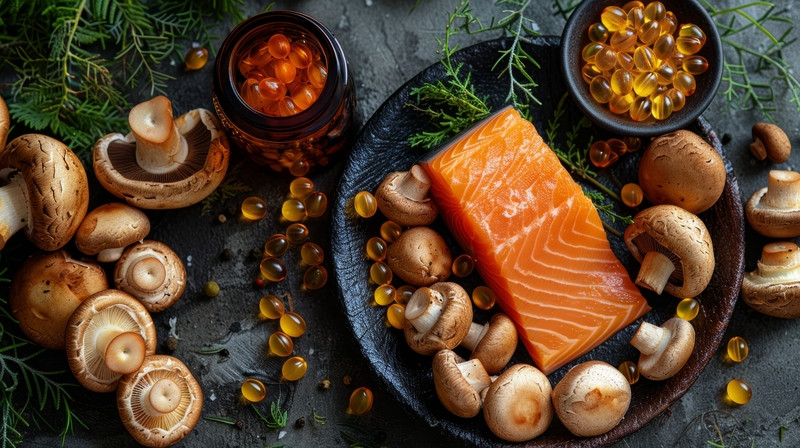
3. Supplementation: How Much Vitamin D Do You Need?
Supplementation is a great option if you struggle to get enough vitamin D from sunlight and food. Studies suggest:
- 2,000-5,000 IU per day for general health
- 5,000-10,000 IU per day for muscle growth and fat loss (consult a doctor first)
Studies like Dougherty et al. (2014) have shown that athletes taking 5,000 IU daily had improved muscle recovery and fat oxidation.
- Key takeaway: For optimal results, ensure you get enough vitamin D through sunlight, diet, or supplementation.
Why Vitamin D is Essential for Muscle Growth and Fat Loss
Vitamin D is no longer just about bone health—it is a powerful tool for muscle development, fat metabolism, and athletic performance.
- Vitamin D enhances muscle growth by reducing myostatin and increasing ATP production.
- It helps burn fat by improving leptin sensitivity and increasing energy expenditure.
- It shifts calorie allocation toward lean muscle, reducing fat mass without lowering body weight.
- It supports year-round metabolic function, counteracting seasonal fat storage.
If you're looking to build muscle, burn fat, and improve your overall fitness, optimizing your vitamin D intake should be a top priority. Optimizing your vitamin D intake should be a top priority if you want
Take Action Today!
- Get more sunlight
- Eat vitamin D-rich foods
- Consider supplementation
By making these small changes, you can unlock the muscle-building and fat-burning potential of vitamin D—and take your fitness journey to the next level!
References
- Long, C. et al. (2022). "High dose dietary vitamin D allocates surplus calories to muscle and growth instead of fat via modulation of myostatin and leptin signaling." bioRxiv.
- Girgis, C. et al. (2019). "Mice with myocyte deletion of vitamin D receptor have sarcopenia and impaired muscle function." Journal of Cachexia, Sarcopenia and Muscle.
- Roizen, J. et al. (2019). "Obesity decreases hepatic 25-hydroxylase activity causing low serum 25-hydroxyvitamin D." Journal of Bone and Mineral Research.
- Hassan-Smith, Z. et al. (2017). "25-hydroxyvitamin D3 and 1,25-dihydroxyvitamin D3 exert distinct effects on human skeletal muscle function." PLoS One.



